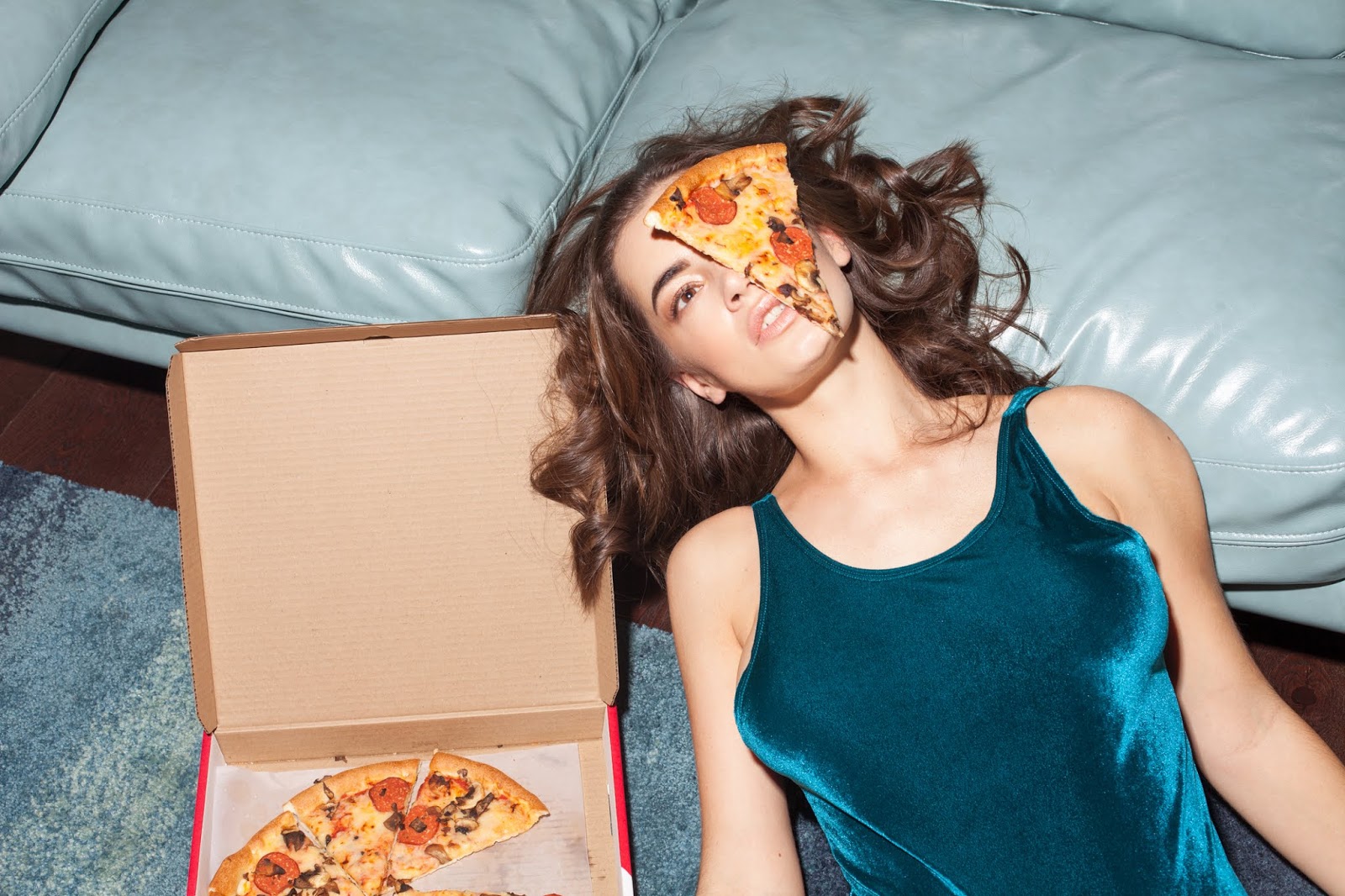Last weekend, I had what could be considered my last hoorah as we descend into the next wave of the COVID-19 pandemic, and we indefinitely lock ourselves inside our homes again. So, that means I drank more than my 32-year-old body can really handle.
My friend and I went out on the town (yes, we wore our masks and social distanced) for eight hours on Sunday, putting our fair share of money back into the local economy (at least that's what I say to make myself feel better about how much I spent).
As soon as I returned home, I had one of the worst panic attacks I've had in a long time. And it made me wonder, was the panic attack because of the alcohol? For people with a mental illness, does drinking exacerbate our symptoms?
I mean of course I know it affects people with the mental illness of substance abuse differently than those who don't struggle with alcoholism. But does alcohol also affect people with other mental illnesses, like depression, anxiety or bipolar disorder?
Well, alcohol is a depressant, and depressants affect the central nervous system, slowing down the messages between the brain and body. So, it's bound to especially affect those of us who already have out-of-whack brains when we're sober.
So, how exactly does alcohol affect those of us with a mental illness. Here are some things to watch out for:
1. People with mental health disorders are more at risk for addiction than other populations, according to the American Addiction Centers.
2. Drinking can counteract the benefits of your antidepressants, and it can also worsen the side effects of your medication, according to the Mayo Clinic.
3. Alcohol can lower serotonin and norepinephrine levels, which help regulate mood. Decreased levels of these chemicals can make a depressed person feel even more depressed, according to Clearview Treatment Programs.
3. While one or two drinks may ease your anxiety, more than that can have the opposite effect. More than that can make you feel fatigued, hopeless, unable to concentrate, and irritable.
4. Hangovers suck for most people, but for someone who already has anxiety, the symptoms are often intensified. According to Medical News Today, dehydration, an upset stomach, and exhaustion may make anxiety feel more physically and emotionally intense.
5. Alcohol can make you lose your inhibitions, and, if you have suicidal ideations when your sober, adding alcohol into the mix may make you more likely to act on it or self harm.
The truth is: For those of us who do struggle with our mental health, we need to keep an eye on our alcohol consumption more than our peers. And it may mean you have to quit altogether. You know your body; you know your mind. Listen to it. Do what's right for your mental health.
Last weekend, I had what could be considered my last hoorah as we descend into the next wave of the COVID-19 pandemic, and we indefinitely l...


























